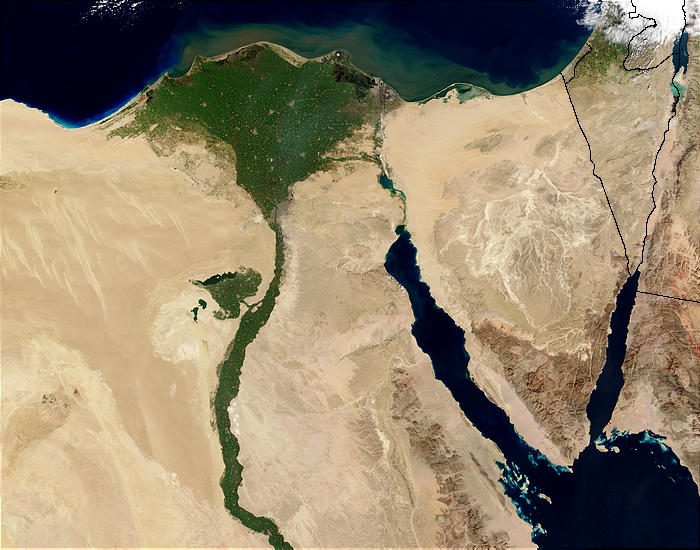
(Wikimedia Commons NASA public domain image)
Thinking about our bawwab, Kamal, reminded me of an episode that occurred while my wife and I were living in Cairo.
I’ve mentioned that Kamal had a recurrent deep cough that was presumably brought on by his smoking. (I expect that it has long since taken him away, since we knew him nearly forty years ago.)
While living there, I read an article somewhere in the Egyptian or international press about a foreign aid plan for Egypt that was to include considerable American investment in the country. I was fine with that. But one of the pieces of that investment was to be a cigarette factory.
I was incensed. Not merely because I’m a Latter-day Saint who, for religious reasons, objects to smoking, but because I know what cigarettes do to the lungs and the general health of smokers. And because I saw too many Egyptians smoking. And, very particularly, because I heard Kamal’s cough every evening and figured that it was an evil omen for his future. Moreover, although Kamal didn’t make much money, he was the sole support of his wife and children, who lived hours away to the northeast, in the Nile Delta. What percentage of his income went to his tobacco habit? And what would happen to his wife and kids, how would they cope, if and when he died?
I reasoned that it was probably, sadly, too late for Kamal. But the idea that the United States of America would be subsidizing the addiction to cigarettes of future Kamals didn’t sit at all well with me. Weren’t there more useful and beneficial things that American financing could provide for Egypt?
So I wrote to Joseph Califano, who was serving at the time as the Secretary of Health, Education, and Welfare in the cabinet of President Jimmy Carter. Secretary Califano was an outspoken critic of the tobacco industry and had actually launched a federal, national anti-smoking campaign for the first time in American history. I couldn’t imagine, if he was serious about his opposition to smoking, that he would be pleased with a plan to sponsor smoking for Egyptians.
I asked him whether he knew about this foreign policy proposal. Was the United States government only opposed to smoking by Americans? Was the attempt to spread smoking among poor Egyptians some sort of fiendish effort at Third World population control?
To my delight, I received a personal response from Secretary Califano, telling me that he had not heard of the plan but that he was very displeased at the information I had shared with him and that he would look into it.
The day that his response arrived, I felt that I had done at least something good, however small, for a country that was and is very important to me.
I never heard what came of our little exchange. But I also never heard about the construction of an American-sponsored cigarette factory in Egypt.
***
Sigh. I hope they throw the book at him:
“White supremacist admits being behind ‘Punish a Muslim Day’ hate campaign”
Based on an extended conversation earlier this week, I can tell you that the senior leadership of the Church of Jesus Christ of Latter-day Saints is really, really concerned that anti-Islamic bigotry not find a foothold among our members — and that, to the extent it may already exist, it be eliminated.
The appearance of my April 2018 Ensign article about Islam was a manifestation of that concern.










